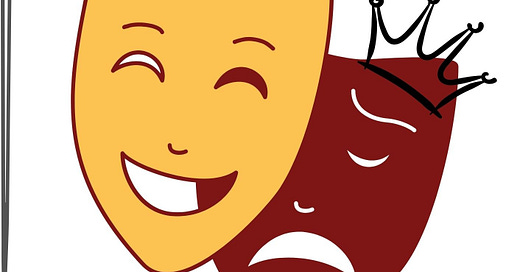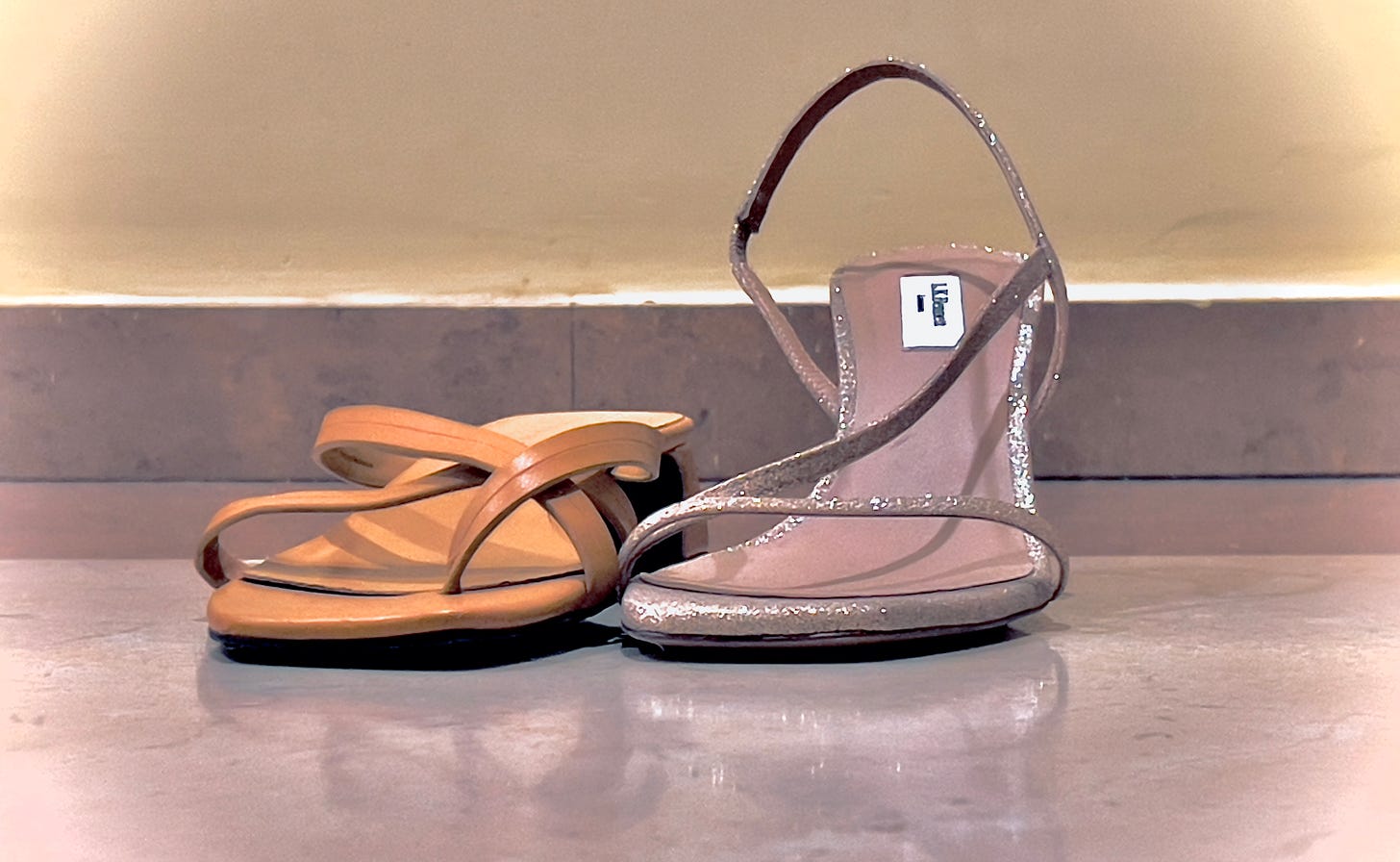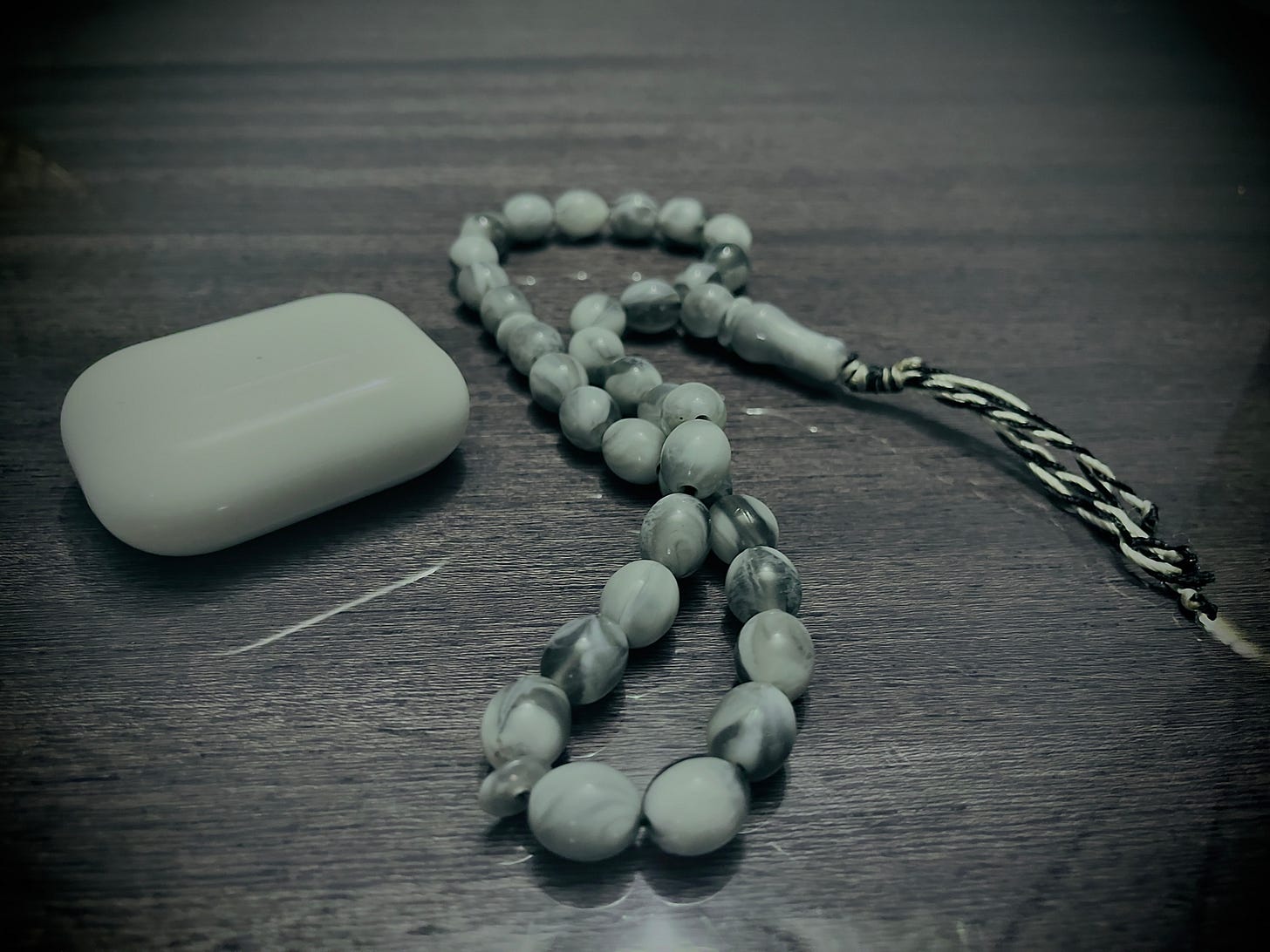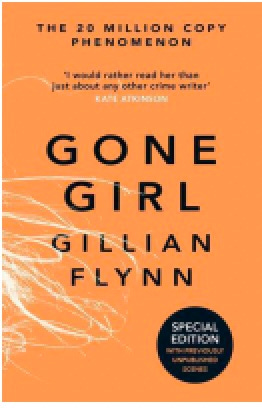Dear Reader,
Is it really a compliment when others call you, “different,” surprised that you don’t fit into their stereotype list?
Do you ever find yourself chasing that validation?
I’ve been there. You’re not alone. We’re not alone.
“It’s a very difficult era in which to be a person, just a real, actual person, instead of a collection of personality traits selected from an endless automat of characters.
And if all of us are play-acting, there can be no such thing as a soul mate, because we don't have genuine souls.
It had gotten to the point where it seemed like nothing matters, because I'm not a real person and neither is anyone else.
I would have done anything to feel real again” – Gone Girl, by Gillian Flynn.
The Mirror
Different, Or Pretending?
Pulled from the same box as the popular movie trope, “you’re not like other girls,” have you ever found yourself smiling with pride when someone complimented you with, “you’re different?” Consequently, you are placed on immediate trial to maintain the halo of being different.
Is there a balance between two extremes, one that solidifies the beliefs that you’re unambitious and lazy, and another that feeds the perception that you abhor anything and everything deemed traditional?
The concern of accepting “you’re different” as a compliment, is that you begin to view your own identity with the same lens as others, until you gradually reject every aspect of yourself for external approval. You become what you accuse others of – being a judgemental freak.
You join others in deriding your own community (I’m guilty), under the guise of a fragile acceptance that will crumble as soon as you make one misstep that leads to, “ah, she wasn’t different after all.”
An Auntie told me a story about her early career days, when she entered a hall heavily pregnant and wearing a large veil. An irate superior pointed at her and derided her, referring to her as an example of, “people let in anyhow.” The superior asked about her educational background, and she responded with, “LSE.” Obviously, that shut down the superior. But what if she didn’t go to LSE? So what? Why should she immediately get tossed as a quota hire just because of her identity?
Unfortunately, judgements exist on the other side too, from your own community. There, being different isn’t masked by the guise of a compliment. It’s a direct hit that says,
“You’re not one of us. You want different things from us.”
A few years ago, at a wedding, I found myself at the site of a conversation soaked with topics I viewed as myopic. I couldn’t understand why we couldn’t focus on more productive issues. The experience bothered me enough that I constantly brought it up with others I viewed as like-minded people. I wanted to confirm that I wasn’t the odd one out, that the conversation deserved my condescension. But, in doing so, I was judging others for simply having different outlooks and priorities.
I occasionally have second thoughts about sharing anecdotes with people outside my community, to avoid painting a picture I assume (true or false) that they’ve tattooed in their minds about my community.
Flaws we complain about within our own communities become taboos outside, “we are allowed to say something, but they can’t.” It’s a form of insecurity that needs to be defeated.
We’re all involved in a judgemental cycle. I hope we’ll be rid of it one day.
The Echo
Poem: Theme for English B - By Langston Hughes
The instructor said,
Go home and write
a page tonight.
And let that page come out of you—
Then, it will be true.
I wonder if it’s that simple?
I am twenty-two, colored, born in Winston-Salem.
I went to school there, then Durham, then here
to this college on the hill above Harlem.
I am the only colored student in my class.
The steps from the hill lead down into Harlem,
through a park, then I cross St. Nicholas,
Eighth Avenue, Seventh, and I come to the Y,
the Harlem Branch Y, where I take the elevator
up to my room, sit down, and write this page:
It’s not easy to know what is true for you or me
at twenty-two, my age. But I guess I’m what
I feel and see and hear, Harlem, I hear you:
hear you, hear me—we two—you, me, talk on this page.
(I hear New York, too.) Me—who?
Well, I like to eat, sleep, drink, and be in love.
I like to work, read, learn, and understand life.
I like a pipe for a Christmas present,
or records—Bessie, bop, or Bach.
I guess being colored doesn’t make me not like
the same things other folks like who are other races.
So will my page be colored that I write?
Being me, it will not be white.
But it will be
a part of you, instructor.
You are white—
yet a part of me, as I am a part of you.
That’s American.
Sometimes perhaps you don’t want to be a part of me.
Nor do I often want to be a part of you.
But we are, that’s true!
As I learn from you,
I guess you learn from me—
although you’re older—and white—
and somewhat more free.
This is my page for English B.
The Grounding
Make a list of all the qualities that others call you different for, how many of them are authentic? And how many feel like a mask?
The Lens
Keeping the balance – mismatched but authentic.
You don’t know what I’m listening to. You don’t know what I’m whispering.
The Shelf
A perfect representation of mental health deterioration when we continuously adopt personalities we believe others expect from us.
Before You Go
Maybe I’m different.
Maybe I’m a mirror of my community.
Maybe I’m pretending.
As long as I give myself the grace to be wrong, learn, and evolve, then I’ll eventually get to a place of self-acceptance.
Until next week,
Spring4th.







